John McDonnell vows '£10 real living wage'
- Published
A Labour government would bring in a "real living wage". says John McDonnell
Labour would introduce a "real living wage" of at least £10 an hour if in power, shadow chancellor John McDonnell has told the party's conference.
He said that under a Labour government "everyone will earn enough to live on".
He also set out plans to end austerity, fight for "the best" Brexit deal and to build a "manufacturing renaissance".
A new National Living Wage, which came into force in April, requires employers to pay workers over 25 at least £7.20 an hour, rising to £9 by 2020.
BBC economics editor Kamal Ahmed said that under Mr McDonnell's plans, a £10-plus an hour minimum wage would raise an annual salary for the lowest paid full time worker to £19,250, according to manufacturers' trade body EEF.
In his keynote conference speech in Liverpool, Mr McDonnell said Labour had become a "government in waiting".
He pledged that if the party won the next general election it would be an "interventionist government" with a "comprehensive industrial strategy" to invest in the UK's future.
And he got a standing ovation after ending his speech by saying of his policy programme: "In this party you no longer have to whisper it - it's called socialism."
The shadow chancellor - a key ally of leader Jeremy Corbyn on the left of the party - also announced plans:
to "end the social scourge of tax avoidance" by doubling the number of HMRC staff working in this area and banning "tax-dodging companies" from winning public sector contracts
fight for the "best possible" Brexit deal for the UK
to ensure there are "no more (former BHS owner) Philip Greens"
rewrite the Takeover Code to make sure every takeover proposal has a clear plan in place to pay workers and pensioners
to repeal the Trade Union Act
The new mandatory National Living Wage (NLW) was announced in last summer's Budget by the then Chancellor George Osborne, in an effort to create a higher-wage, lower-welfare economy.
Mr McDonnell, who praised the introduction of the national minimum wage as one of Labour's "greatest achievements", said Labour would go further.

Analysis by Laura Kuenssberg, BBC political editor
It felt like John McDonnell had been waiting for a long time to say it. Up on the conference platform, at the very end of his speech, he told delegates, "you no longer have to whisper it, it's called socialism".
In fact, as other MPs reminded me after his speech, Tony Blair's controversial amended version of Clause 4, included the phrase, "The Labour Party is a democratic socialist party".
It was never an officially banned word, although no question, until Mr Corbyn's victory, talk of true socialism was not a popular subject at the conference lectern.

"Under the next Labour government, everyone will earn enough to live on. When we win the next election we will write a real Living Wage into law.
"We'll charge a new Living Wage Review Body with the task of setting it at the level needed for a decent life. Independent forecasts suggest that this will be over £10 per hour."
He said it would be a "fundamental part" of Labour's "new bargain in the workplace".
Mr McDonnell, who first announced his hopes of increasing the minimum wage level to £10 a year ago, said there would be support for small businesses to ensure that the higher rate did not cost jobs. Labour sources said the £10 level would be in place by 2020 if there was an early general election that Labour won.
John McDonnell says he has an "open door" to former Labour front benchers
Speaking earlier to BBC Breakfast, Mr McDonnell said Labour would be an "interventionist government" working with the private sector.
And he pledged that the UK would borrow in the short term for long-term investment and "future prosperity".
In his conference speech, the shadow chancellor said Labour would not stand by and let industries such as steel flounder, and he promised to "work with" wealth creators and entrepreneurs.
He said digital advances were encouraging firms to return to the UK but the Conservatives were "too blinkered by their ideology" to take advantage.

Analysis
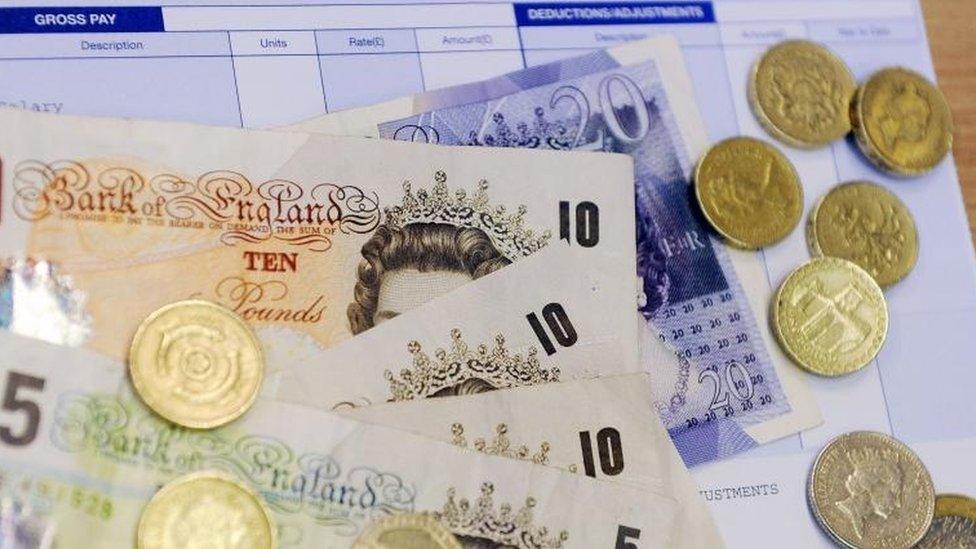
By BBC economics editor Kamal Ahmed
The danger many businesses highlight is that the living wage is becoming politicised, a battle between two political parties keen to show the effort they are making on low levels of pay.
The Low Pay Commission - which has guided increases in the minimum wage since its inception in 1999 - was mandated to balance income levels with impact on employment and the strength of economic growth.
Many businesses believe it is a mandate that should not be abandoned lightly.

Mr McDonnell said he would commit Labour to supporting major industrial employers and firms in emerging sectors, such as clean energy.
Arguing that the tide had turned around the world against "unfettered" globalisation, he claimed advocates of the free market would be unable to fully exploit the opportunities presented by the UK's exit from the EU.
Citing the government's response to the steel crisis, its cuts to solar and wind subsidies and its approach to R&D funding, he claimed only Labour could unlock the true potential of the British economy.
"Be certain the next Labour government will be an interventionist government," he argued. "We will not stand by like this one has and see our key industries flounder and our future prosperity put at risk."
John McDonnell says Labour would work with firms like Uber on workers' rights
The Labour leadership has alarmed some business leaders by calling for selective nationalisation - including the return of the railways to public ownership - and for business taxes to rise to fund investment and skills training.
But Mr McDonnell - who has previously called for "socialism with an iPad" - rejected claims that the party was anti-enterprise and its approach marked a return to the state planning of the 1970s.
"Our government will create an entrepreneurial state that works with the wealth creators, the workers and the entrepreneurs to create the products and the markets that will secure our long-term prosperity."
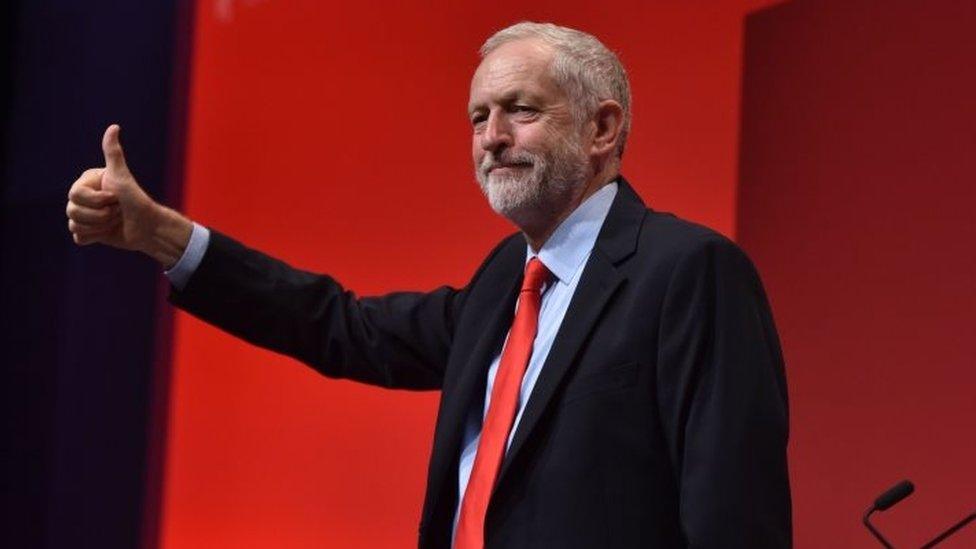
Jeremy Corbyn was re-elected with a slightly increased mandate on Saturday
Asked whether the party would fight for the UK to stay in the EU single market, Mr McDonnell told BBC Radio 4's Today: "We want access to the single market... We want the best deal we can get."
On Labour unity, following Mr Corbyn's re-election on Saturday, Mr McDonnell said there was an "open door" to "virtually all" of the MPs who resigned from the shadow cabinet to return to the front bench.
He said he thought Labour was working "pretty well" until the mass walkouts and said it was time to "get back to business".
Mr McDonnell also said he did not anticipate that a reshuffle of Mr Corbyn's team would happen before NEC discussions about elections to the shadow cabinet had concluded.
'No protectionism'
Reacting to Mr McDonnell's conference speech, Treasury chief secretary David Gauke said working people would be "worse off" under a Labour government.
"Our National Living Wage and cuts to income tax mean more money in the pockets of millions of people.
"As we work to build an economy and country that work for everyone, Labour show they are too divided, distracted and incompetent to be a credible alternative government," he said.
Meanwhile, Liberal Democrat economic spokeswoman Susan Kramer said the shadow chancellor's speech showed he was "utterly out of touch".
"The fact is that rather than fighting for what our economy needs - continued membership of the single market, he is more interested is fighting the battles over the free market he and the hard left lost in the 80's."
Simon Walker, director general of the Institute of Directors, said Mr McDonnell "played a few good notes" but the overall tone of his speech was "concerning for business".
"While he is right to identify skills and infrastructure as important issues, a return to a subsidising industry through bumper levels of government borrowing is the last thing that Britain needs.
"At a time when we need an economy that is forward-looking and open to the world, protectionism must be avoided at all costs."
- Published26 September 2016
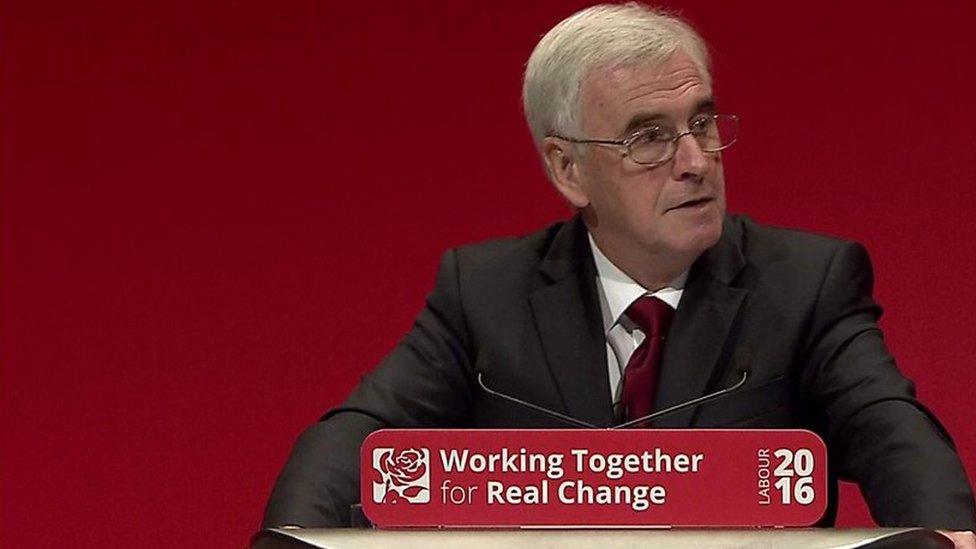
- Published26 September 2016
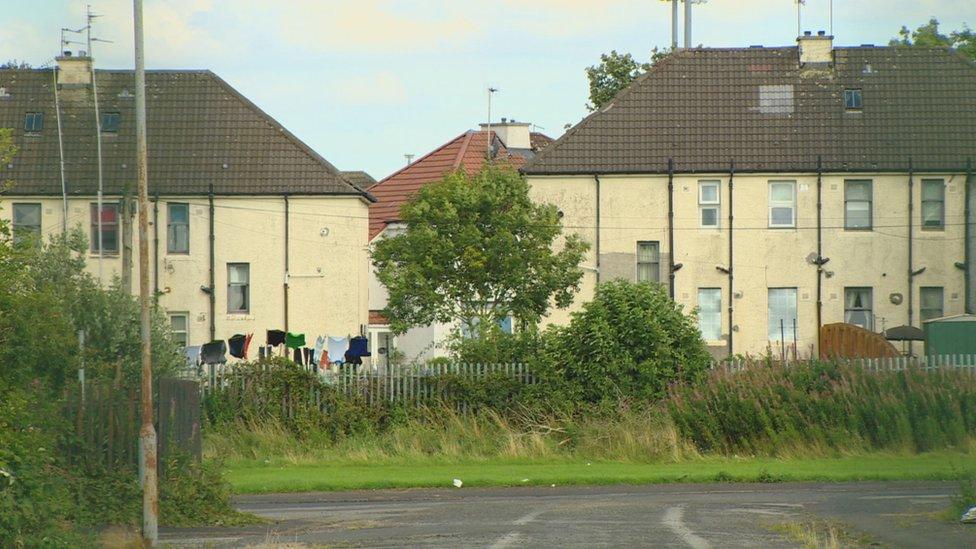
- Published25 September 2016
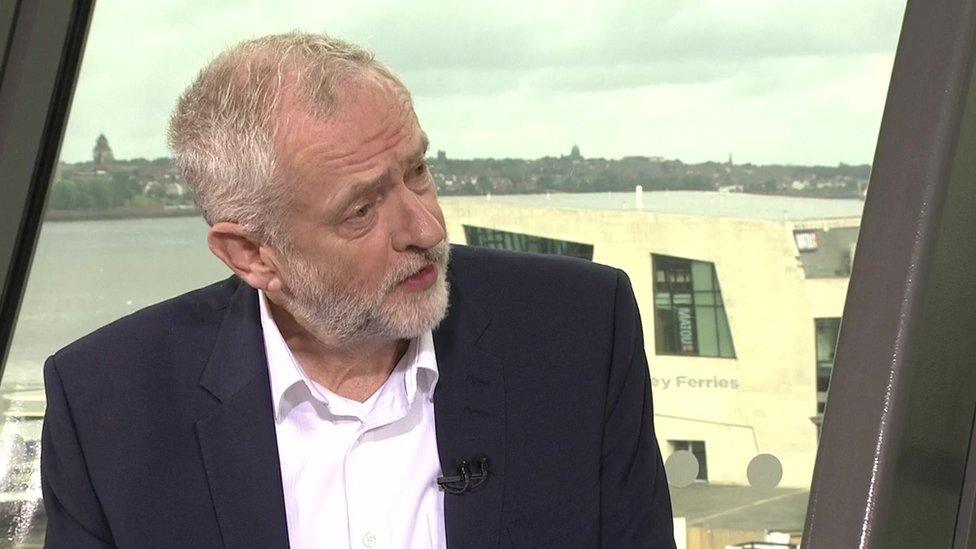
- Published25 September 2016
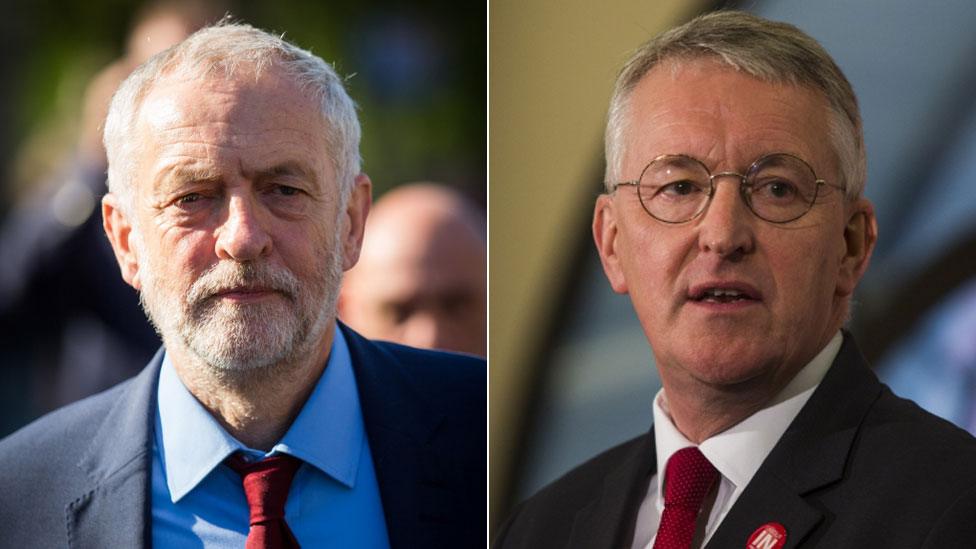
- Published25 September 2016
